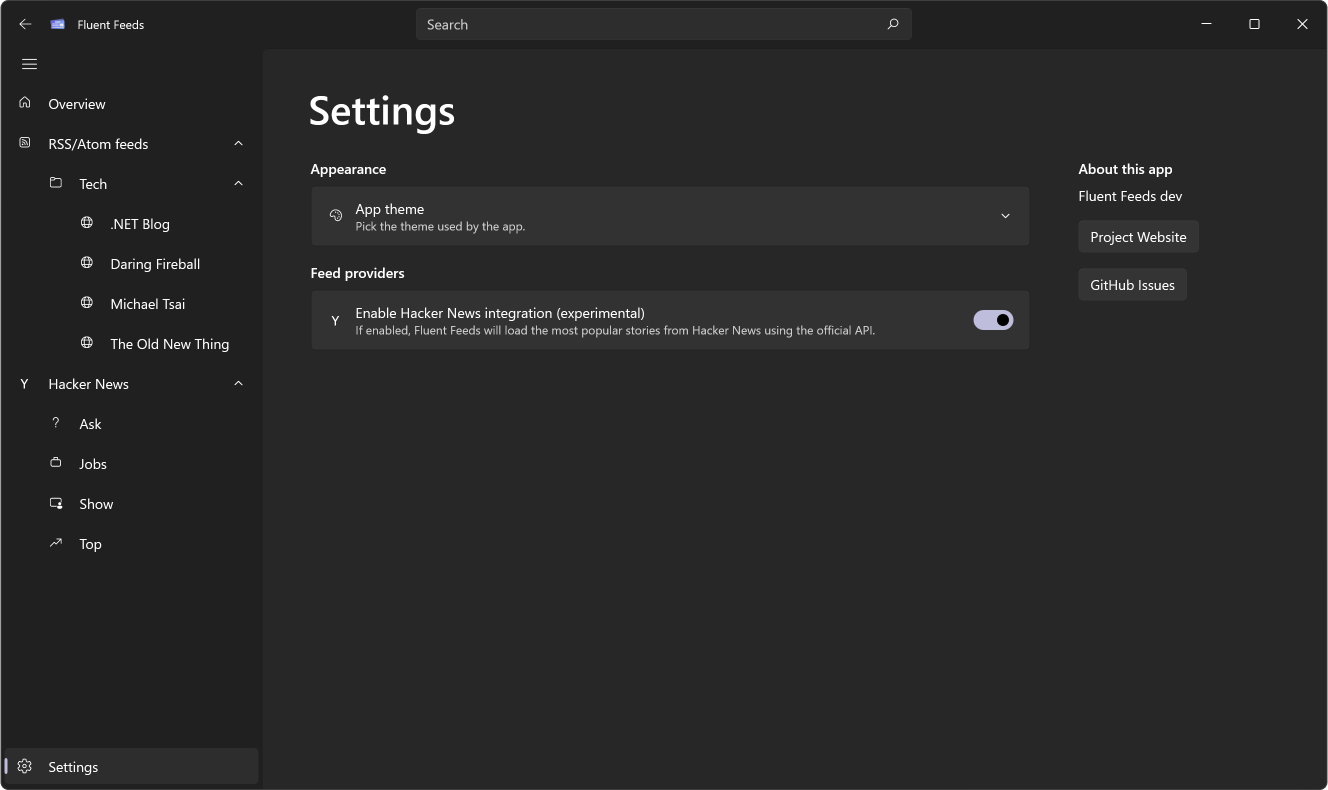Have you ever been in a conversation with someone who speaks your language, but it just feels…off? You might find yourself struggling to understand their slang, their accent, or the way they phrase things. It’s a peculiar experience, one where you might even question, “Are they even a native speaker?” This is where the distinction between being a native speaker and being fluent becomes so crucial — a difference often overlooked but critical to truly appreciating the nuances of language.

Image: www.nativeflow.co
This article will delve into the complexities of understanding native versus fluent speakers, exploring the key characteristics that set them apart. We’ll uncover the history of language development, the significance of cultural immersion, and how these factors impact the flow of communication. Our journey extends beyond the mechanics of grammar and vocabulary, revealing how the soul of a language finds its expression in the hands of those who have grown up within its embrace.
The Seeds of Understanding: Defining “Native” and “Fluent”
Let’s begin by dissecting the terms at the core of our discussion: “native” and “fluent.” A native speaker, simply put, is someone who has learned a language from birth, often from their parents or primary caregivers. It’s the language they were cradled in, the language they used to learn about the world. Their fluency is ingrained in their very being, a natural and instinctive aspect of their identity.
A fluent speaker, on the other hand, is someone who has acquired proficiency in a language that was not their first. They have learned the rules, mastered the vocabulary, and developed the ability to communicate effectively in that language. This proficiency can range from basic communication to near-native levels of fluency, depending on their dedication and exposure.
Beyond Words: The Cultural Tapestry of Language
While fluency focuses on linguistic competency, being native goes beyond simply understanding the words. It’s about understanding the unspoken language of culture. Native speakers possess an implicit understanding of cultural nuances embedded within their language. This includes idioms, slang, and the way they use their language in informal settings.
Imagine a native speaker using a common idiom like, “It’s raining cats and dogs.” A fluent speaker might understand its literal meaning, but it’s the native speaker who truly grasps the image it evokes, the emotion it conveys, and how it fits into their cultural context. This unconscious understanding is what brings life to the language, shaping the way they communicate, express themselves, and build relationships.
The Journey to Fluency: A Tapestry of Effort and Experience
For those not born into a language, the path to fluency is a testament to perseverance and dedication. It requires a conscious effort to learn the grammar, vocabulary, and cultural nuances. Fluent speakers often immerse themselves in the language through travel, cultural immersion programs, or simply a passionate pursuit of knowledge.
This journey is not just about memorization; it’s about understanding the language’s history, its roots in different cultures, and how it shapes the world around them. It’s about experiencing the language firsthand, through films, books, music, and conversations with native speakers.

Image: hannesschulze.github.io
The Beauty of Both Worlds: Native and Fluent in Harmony
The native and fluent worlds are not mutually exclusive. In fact, they often converge in unique and enriching ways. A native speaker who has lived abroad and embraced another language will gain a deeper understanding of their own language through the lens of another. Similarly, a fluent speaker who dedicates themselves to their adopted language will discover a depth of meaning and expression that transcends mere linguistic competence.
The ideal, therefore, becomes a symbiotic relationship. Native speakers can learn to appreciate the cultural richness of other languages, while fluent speakers can become more attuned to the subtle nuances of their adopted tongue. This understanding fosters a global perspective, allowing us to connect with others through a shared language of empathy and respect.
Expert Insights: Bridging the Gap
Language experts emphasize the importance of continuous learning, regardless of native status. They encourage native speakers to embrace the dynamic nature of language, to engage with diverse cultures, and to challenge their own understanding of their mother tongue. Fluent speakers are encouraged to seek immersion experiences, engage in regular conversation with native speakers, and to embrace the beautiful inconsistencies that make language so fascinating.
Actionable Tips: Cultivating True Fluency
Here are some actionable tips for both native and fluent speakers to enhance their linguistic journey:
- Embrace Cultural Immersion: Travel, read literature, watch films, and engage in conversations with speakers of the language you are learning.
- Embrace the Imperfect: Don’t be afraid to make mistakes. They are part of the learning process.
- Embrace the Unexpected: Explore the slang, idioms, and colloquialisms that make each language unique.
- Embrace the Community: Join online forums, language exchange programs, or local language groups.
Native Vs Fluent
Conclusion
The distinction between native and fluent speakers highlights the intricacies of language acquisition and cultural understanding. While both paths offer unique perspectives, the ideal lies in embracing the beauty of both worlds, valuing the contributions of both native and fluent individuals. By immersing ourselves in language and culture, we can foster a world where communication is not just a tool for information transfer but a bridge that connects us to our shared humanity. So, let’s celebrate the power of both native and fluent voices, recognizing that through language, we find not just the words, but the stories and the souls that make us who we are.





